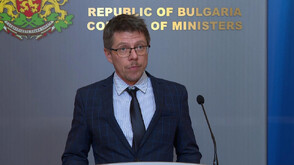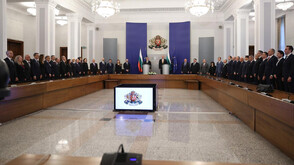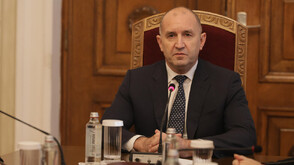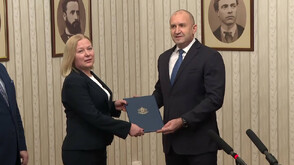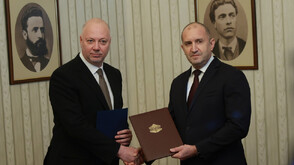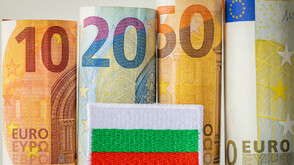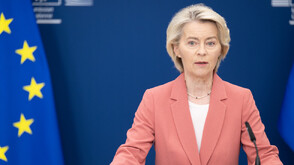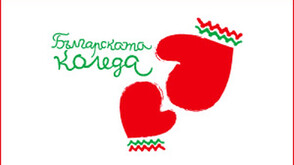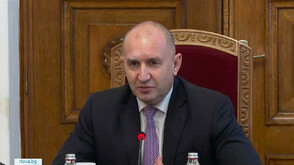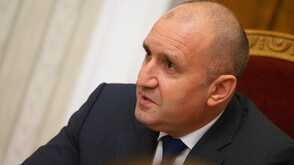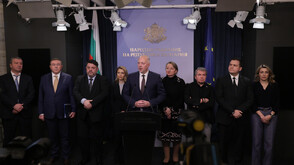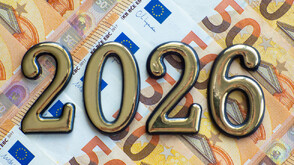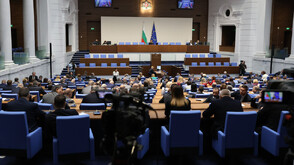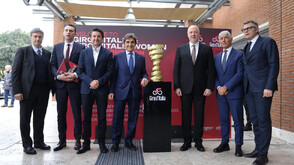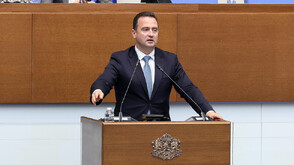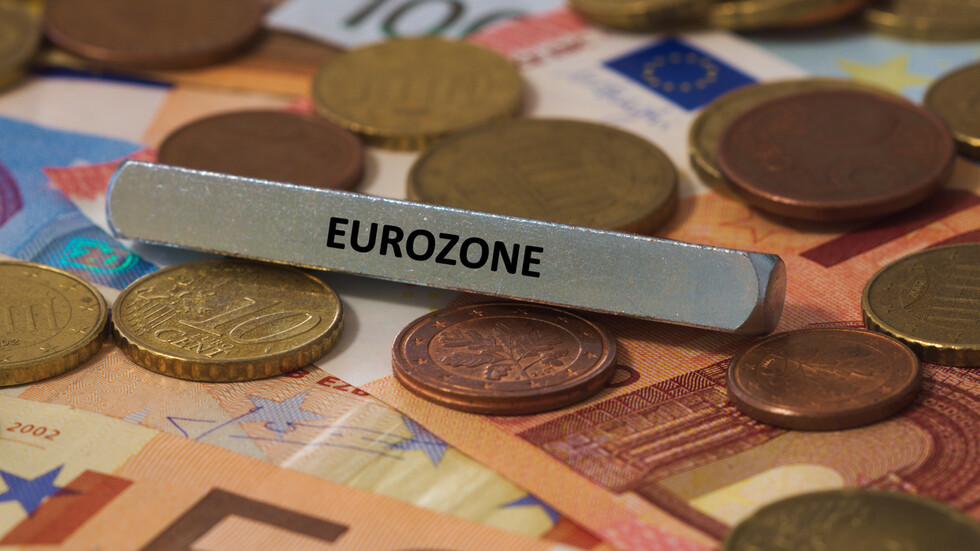
Photo: iStock
The country is already a member of the so-called waiting room for the eurozone
Bulgaria and Croatia are already members of the ERM II exchange rate mechanism or the so-called waiting room for the eurozone and the banking union.
The European Central Bank set a base rate for the conversion of the Bulgarian lev into euro of BGN 1.95583 per euro.
The preliminary stage for the adoption of the euro as the national currency lasts three years. This means that the euro can replace the lev in 2023.
The forthcoming enlargement of the eurozone will be the first since 2015.
Here is the press release of European Central Bank:
At the request of the Bulgarian authorities, the finance ministers of the euro area Member States of the European Union, the President of the European Central Bank, and the finance ministers and central bank governors of Denmark and Bulgaria have decided, by mutual agreement, to include the Bulgarian lev in the Exchange Rate Mechanism (ERM II). The Commission has been involved and the Economic and Financial Committee has been consulted.
The central rate of the Bulgarian lev is set at 1 euro = 1.95583 leva.
The standard fluctuation band of plus or minus 15 percent will be observed around the central rate of the lev.
At the same time, following a careful assessment of the appropriateness and sustainability of Bulgaria’s currency board, it was accepted that Bulgaria is joining the exchange rate mechanism with its existing currency board arrangement in place, as a unilateral commitment, thus placing no additional obligations on the ECB.
The agreement on participation of the lev in ERM II is based, inter alia, on the commitment by Bulgaria to join the Banking Union and ERM II simultaneously and the completion by the Bulgarian authorities of a set of measures, described in their letter of intent dated 29 June 2018, that are highly relevant for a smooth transition to, and participation in ERM II. These measures pertain to the following six policy areas: banking supervision, the macroprudential framework, the supervision of the non-banking financial sector, the anti-money laundering framework, the insolvency framework, and the governance of state-owned enterprises. The ERM II parties welcome the positive assessment of the implementation of these commitments by the European Central Bank and the European Commission. The European Central Bank has today also announced the establishment of close cooperation with Българска народна банка (Bulgarian National Bank).[1]
The agreement on participation of the Bulgarian lev in ERM II is furthermore accompanied by a firm commitment by the Bulgarian authorities to pursue sound economic policies with the aim of preserving economic and financial stability and achieving a high degree of sustainable economic convergence. The Bulgarian authorities have committed to implement specific policy measures on the non-banking financial sector, state-owned enterprises, the insolvency framework, and the anti-money laundering framework. Bulgaria will also continue implementing the extensive reforms carried out in the judiciary and in the fight against corruption and organized crime in Bulgaria, in light of their importance for the stability and the integrity of the financial system.
The authorities, together with the responsible European Union bodies, will closely monitor macroeconomic policy developments and the implementation of these policy measures, in the appropriate frameworks.
The compulsory intervention points in the exchange rate mechanism will be communicated by the ECB and Българска народна банка (Bulgarian National Bank), in time for the opening of foreign exchange markets on 13 July.
Here is the press release of the European Commission:
The European Commission welcomes the decision to include the Bulgarian lev and the Croatian kuna in the Exchange Rate Mechanism II (ERM II). It also welcomes the ECB Governing Council's decision on close cooperation with both countries, marking their entry into the Banking Union.
The decision of the ERM II parties represents an important milestone in Bulgaria and Croatia's efforts to join the euro area. Both Member States must now participate in the mechanism without severe tensions and, in particular, without devaluing their currency central rate against the euro on their own initiative, for at least two years before they can qualify to adopt the euro. The Commission will continue to encourage and support the efforts of the Bulgarian and Croatian authorities to complete the process of joining the euro area.
Ursula von der Leyen, President of the European Commission said: “The euro is a tangible symbol of European unity, prosperity and solidarity. This decision recognises the important economic reforms already undertaken by Bulgaria and Croatia while confirming the continued attractiveness of Europe's single currency. We will continue to stand with both countries as they take their next and final steps towards joining the euro area.”
Valdis Dombrovskis, Executive Vice-President for an Economy that works for People, said: “I am delighted to welcome Bulgaria and Croatia as members of the Exchange Rate Mechanism II, an important milestone on the road to adopting the euro as their national currency. Both countries have worked hard to get to this point, even in the middle of the coronavirus pandemic. It is a testament to the attractiveness of our common currency - still relatively young but highly successful globally. Good news for Bulgaria, Croatia and for the entire euro area.”
Paolo Gentiloni, Commissioner for the Economy, said: “Bulgaria and Croatia have made huge efforts to prepare for entry into ERM II and the Banking Union. Today, those efforts have paid off. In a time of crisis and uncertainty, this decision sends a message of confidence in the euro and clarity that Bulgaria and Croatia will be the next countries to join. As they take this key step towards our common currency, we as Europeans take a new step towards ever closer Union.”
Participation in ERM II will help to strengthen the resilience of Bulgaria and Croatia's economies. It will help both countries to focus their policies on stability, foster their convergence and eventually support them in their efforts to adopt the euro.
The Commission also welcomes the fact that Bulgaria and Croatia are committed to maintaining the reform momentum and to achieving sustainable economic convergence towards the adoption of euro. To that end, they have each committed to implement further reforms during their participation in ERM II in accordance with the stability-oriented purpose of the mechanism.
Bulgaria and Croatia each undertook a number of policy commitments designed to ensure a smooth transition to, and participation in, the ERM II. The ERM II parties tasked the Commission and the European Central Bank (ECB) to monitor the effective implementation of these commitments within their respective areas of competence. These assessments provided the basis for the ERM II parties to include the Bulgarian lev and the Croatian kuna in the ERM II.
Bulgaria
The Commission monitored the implementation of Bulgaria's commitments in the following policy areas:
the supervision of the non-banking financial sector,
the insolvency framework,
the anti-money laundering framework,
the governance of state-owned enterprises.
The Commission's assessment deemed that those four commitments have been effectively fulfilled by the Bulgarian authorities and it has presented this positive assessment to the ERM II parties.
Croatia
The Commission monitored the implementation of Croatia's commitments in the following policy areas:
the anti-money laundering framework;
the collection, production and dissemination of statistics;
public sector governance;
the financial and administrative burden on enterprises.
The Commission's assessment deemed that those four commitments have been effectively fulfilled by the Croatian authorities and has presented this positive assessment to the ERM II parties.
Редактор: Маргарита СтоянчеваПоследвайте ни




